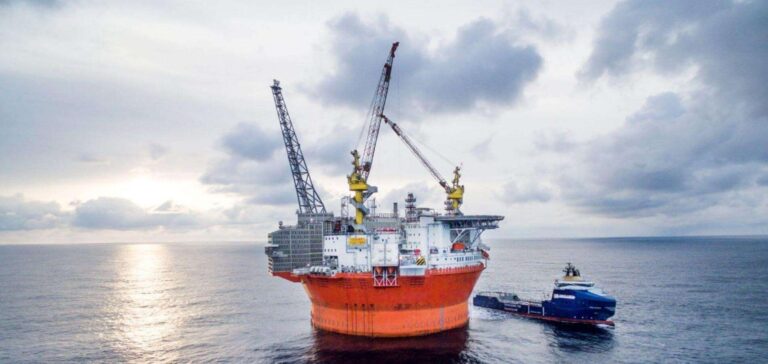In the Arctic, Lundin Energy acquiresOMV ‘s 25% stake in the Wisting oil project for $320 million.
Equinor, the Norwegian state holding company Petoro and Japan’s Idemitsu are also shareholders in the Wisting project.
The 500 million barrel Wisting project in the Arctic
The completion of this acquisition places Lundin Energy on a 35% equal footing with Equinor in the Barents Sea project.
Both companies have announced their intention to support Norwegian production levels until the 2030s.
Discovered in 2013 by OMV, the Wisting field represents 500 million barrels.
The Austrian company let Equinor play the role of operator for this field.
The company now wishes to develop its links with Russia and other countries.
Nevertheless, OMV remains active in the Aasta Hansteen, Edvard Grieg, Gudrun and Gullfaks production sites. 
Lundin Energy, the future explorer
Sweden’s Lundin Energy will relinquish operator status when the site is commissioned in 2028.
The company will then be responsible for exploring any additional fields.
Norway currently operates just one oil field in the Barents Sea, Goliat.
Johan Castberg’s project could come on stream at the end of 2024.
No Norwegian licenses are planned for 2022.
Blurred borders
The licensing process has been hampered by unclear maritime boundaries in the Barents Sea.
In addition, due to insufficient infrastructure and resources, Lundin Energy has abandoned several other discoveries.
Under pressure from environmentalists, Wisting is expected to meet the conditions for carbon neutrality by 2023.
The site will then be connected to the Norwegian electricity grid.






















